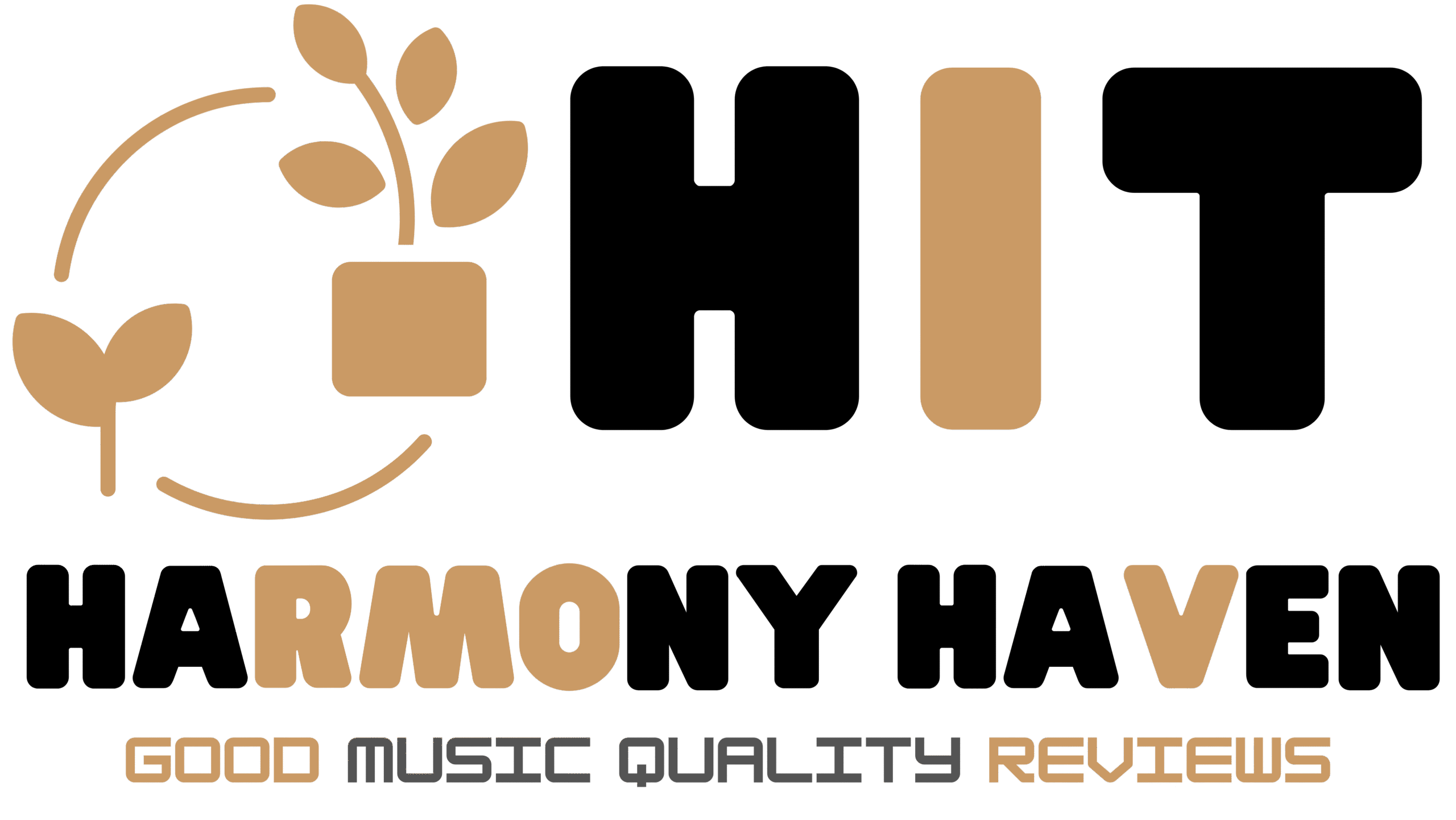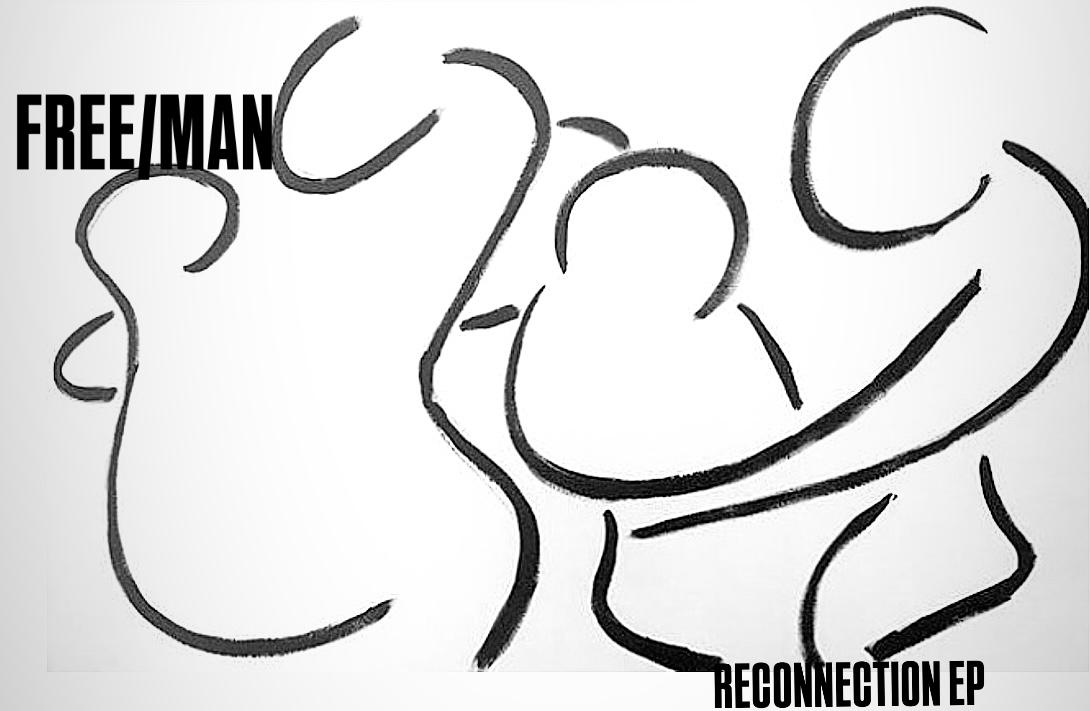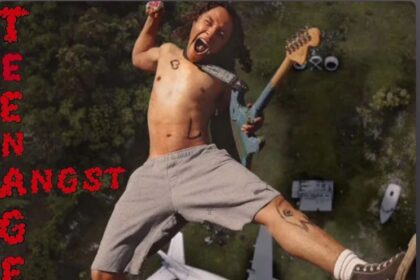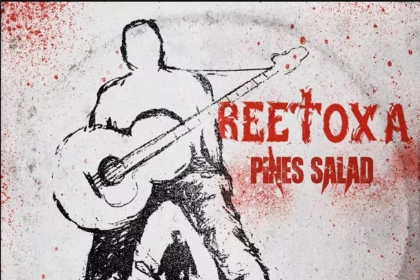Charlie Freeman’s latest project under the moniker Free/Man feels less like a debut and more like a revelation. Reconnection, his four-track EP, is a statement of rebirth, reflection, and artistic freedom. Across its compact yet richly layered runtime, the record bridges personal history and creative evolution, showcasing Freeman’s ability to weave emotion into melody with an honesty that’s raw and refined. It’s the sound of someone rediscovering himself through sound, carving out moments of transcendence from the debris of memory and experience.
The EP opens with “Not Tomorrow,” a track that immediately establishes Freeman’s duality as a songwriter: grounded yet searching, rhythmic yet introspective. The percussion pulses with an urban heartbeat, tight and deliberate, while the guitar riff shimmers with a kind of nocturnal melancholy. There’s an unmistakable sense of motion — the song walks through a city of ghosts, full of unresolved feelings and fleeting lights. Freeman’s voice carries restraint but also urgency, as though he’s trying to convince himself that waiting for tomorrow isn’t an option. The lyrics, though minimal, feel weighted with emotional residue. It’s a track that captures that modern paradox of restlessness and reflection — the need to keep moving, even when you’re unsure where you’re going.
From there, Reconnection transitions gracefully into “Bluebird,” a tender and introspective ballad that strips away the rhythmic armour of the opener. Here, Freeman steps into vulnerability without hesitation. The acoustic arrangement opens space for his voice to breathe, soft and deliberate. As strings bloom subtly in the chorus, the track expands into something cinematic — not in grandiosity, but in emotional depth. There’s a moment when the music seems to hover, almost weightless, capturing the fragile beauty of surrender. The “bluebird” becomes a metaphor for fleeting hope, a symbol of freedom and loss. The song’s production is restrained yet lush, evoking comparisons to Ben Howard and Damien Rice — that particular brand of British melancholy where melody and meaning intertwine seamlessly.
Then comes “Redemption Song,” Freeman’s boldest move on the EP — a reimagining of Bob Marley’s iconic anthem. Covering Marley is a sacred challenge, but Freeman approaches it not with imitation, but with introspection. He dismantles the reggae foundation and rebuilds the song within an indie-folk framework, allowing the lyrics to take on new emotional contours. The result is haunting and reverent, a transformation rather than translation. The raw simplicity of the original becomes a vessel for Freeman’s own narrative of healing and spiritual renewal. You can hear traces of his personal history — the solace he found in music during his father’s illness, the emotional storms that shaped his creative path. In this context, “Redemption Song” feels deeply personal, a mirror through which Freeman reflects on his own liberation.
The EP closes with “Two Witches,” the most atmospheric and arguably the most captivating track of the four. Built on sparse guitar textures and ethereal production, the song drifts like a dream — haunting, delicate, and full of unspoken questions. There’s something cinematic about its minimalism; it could soundtrack the quiet end of a long, transformative film. Freeman’s vocals are almost whispered, but the emotion behind them burns steadily. The interplay of light and darkness — sonically and thematically — recalls artists like Radiohead’s “Thom Yorke” or “Gary Jules,” where melody becomes mood and silence becomes its own kind of language. “Two Witches” lingers long after it ends, as if its echo continues somewhere unseen.
Across Reconnection, Freeman demonstrates an impressive command of tone and pacing. Each track feels distinct, yet they flow together as movements in a single narrative. The EP’s title is literal. This is the sound of an artist reconnecting: with his craft, with his past, and perhaps most profoundly, with himself. There’s a spiritual undercurrent that runs throughout the project, subtle but undeniable. The production avoids excess, instead focusing on clarity and intention. Even the silences feel purposeful, as though Freeman understands that reconnection sometimes requires space, not noise.
Outside of music, Freeman’s creative vision extends into film and storytelling — most notably his upcoming projects The Hook, Neon Soup, and the documentary (How to Be a) Free/Man. Each of these works shares the same DNA as Reconnection: a fascination with rebirth, self-awareness, and human frailty. In The Hook, he plays Creamore, a man clawing his way toward redemption after incarceration — a narrative echo of the same introspection that defines this EP. It’s no coincidence that Freeman’s art consistently circles themes of freedom, renewal, and self-discovery. He’s exploring and living them.

Critics have long noted Freeman’s magnetic presence — his “infectious buoyancy,” as Indie Buddie called it, and his “contagious quality,” as the Huffington Post observed. But what Reconnection proves is that beneath the charm lies depth. This isn’t the sound of someone merely having fun with music; it’s the sound of someone wrestling with meaning and finding grace in the process. The EP radiates authenticity — an unfiltered glimpse into a mind that refuses to stay still, that seeks to transform pain into poetry and memory into melody.
Ultimately, Reconnection feels like a homecoming and a departure. It’s intimate enough to feel confessional, yet ambitious enough to hint at larger horizons. Charlie Freeman — or Free/Man, as he now fittingly calls himself — has created a bridge between who he was and who he’s becoming. In its four songs, you can hear the echoes of healing, the rhythm of self-rediscovery, and the unmistakable pulse of artistic freedom. Reconnection is a music to feel, sit with, and let resonate long after the final note fades. It’s a gentle reminder that sometimes, before you can move forward, you have to reconnect — with yourself, your story, and the silence that started it all.
